 The City Council is considering a package of five bills related to zoning for housing. The Zoning and Land Use Committee of the BHCA has studied them pretty deeply, and the association board adopted a resolution that has been sent to the Baltimore City Planning Commission and our elected officials.
The City Council is considering a package of five bills related to zoning for housing. The Zoning and Land Use Committee of the BHCA has studied them pretty deeply, and the association board adopted a resolution that has been sent to the Baltimore City Planning Commission and our elected officials.
The most important of these bills is Council Bill 25-0066, designed to allow anyone to convert a single-family house into an apartment house with no public review and no parking requirements.
Council Bill 25-0066 is the brainchild of Ryan Dorsey, the councilman from Northeast Baltimore, and is supported by our District 11 council member Zac Blanchard. Dorsey introduced it in 2020, and BHCA worked with six or seven other center-city neighborhoods to evaluate it. All of us agreed that Dorsey’s bill would give an unfair advantage to absentee landlords and would upset the delicate balance of owner-occupants and renters in Baltimore’s center-city neighborhoods. Bolton Hill is 40 percent homeowners and 60 percent renters.
But we didn’t oppose every aspect of it. We agreed that the current zoning restrictions were excessive. Under current zoning, it’s hard to create a second unit in a big old house or in a carriage house, and we felt that people should have the right to do that easily. We agreed that a mix of owners and renters is a good thing. Renters bring youth and diversity, while owner-occupants provide stability and good maintenance. Absentee landlords are unlikely to buy a big single-family house so that they can convert it into just two units.
After many meetings, our coalition proposed a compromise that would allow anyone to create a second unit on their property without public review or parking requirements. But anyone who wanted to create three or more units would have to go through the ordinary processes of review and approval and would have to meet parking requirements.
Although Dorsey’s bill went nowhere in 2020, he brought it back in 2022, and the Planning Commission recommended our compromise. In the end, the bill went nowhere again.
Dorsey’s bill is back this year, endorsed by the mayor and co-sponsored by Blanchard, who represents much of Bolton Hill. The BHCA board this month reaffirmed its opposition to the bill as drafted and our support for our 2022 compromise proposal and the recommendation of the planning commission.
The bills, titled Abundant Housing and also called the Housing Options and Opportunity Act, are part of a national movement to increase the supply and reduce the cost of housing by relaxing regulations on development. There’s a lot to be said for this in general. Much of America has single-family zoning that was designed to exclude large parts of the population, and a lot of suburban zoning requires large lots that are environmentally wasteful and force people to drive everywhere.
But Bolton Hill is not like that. Bolton Hill and the other developed neighborhoods of Baltimore’s center city are not the causes of America’s housing problems. We don’t exclude renters or people of varied incomes. In fact, 60 percent of Bolton Hillers are renters, and about 20 percent of them live in government-financed low-income housing. And we are not suburban sprawl. Bolton Hill has a population density of 24,000 people per square mile. How dense is that? So dense that, if all of metropolitan Baltimore were as dense as Bolton Hill, you could fit the combined population of metropolitan Baltimore – everyone from Annapolis to Columbia to Westminster to Havre de Grace — into the boundaries of the city.
Those of us who have studied this issue hope that you will get in touch with your councilmember and any other city officials and say that you support your association’s position. Zac Blanchard (zac.blanchard@Baltimorecity.gov), who represents Bolton Hill south of McMechen Street, is a sponsor of Council Bill 25-0066. Please ask him to modify his position. Council member James Torrence (James.Torrence@baltimorecity.gov), whose district includes the rest of the neighborhood, has said he does not support the legislation, but he needs to hear from us, as well.
Of the other bills in this five-bill package:
- One is designed to eliminate parking requirements for many developers and landlords. We recommend amending this so that it fits with our compromise proposal on 25-0066. Owners and renters who park on the streets of Bolton Hill may be troubled by this proposal as it exists.
- One is designed to allow people to build buildings that cover their entire lots. We oppose this.
- One is designed to move Zoning from the Department of Housing and Community Development to the Planning Department. We support this.
- One is designed to reduce the requirements for fire exits. We have taken no position as this is a technical question for architects and code officials.
For his part, Council Member Blanchard says the test of the legislation is: “Will the package create lower-cost opportunities for homeownership? Will the package lower the average price of rent? Will the package reduce homelessness? Will the package expedite the end of our crisis of vacant buildings and lots?”
No doubt there are neighborhoods in the city where landlord investors from out-of-town are a welcome alternative to today’s underinvestment. That is not the case in Bolton Hill, nor is our neighborhood likely to become more affordable for first-time homebuyers – although there is within the neighborhood quite a range of housing available for purchase – from small apartments to historic, stately homes.
–Charlie Duff
